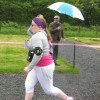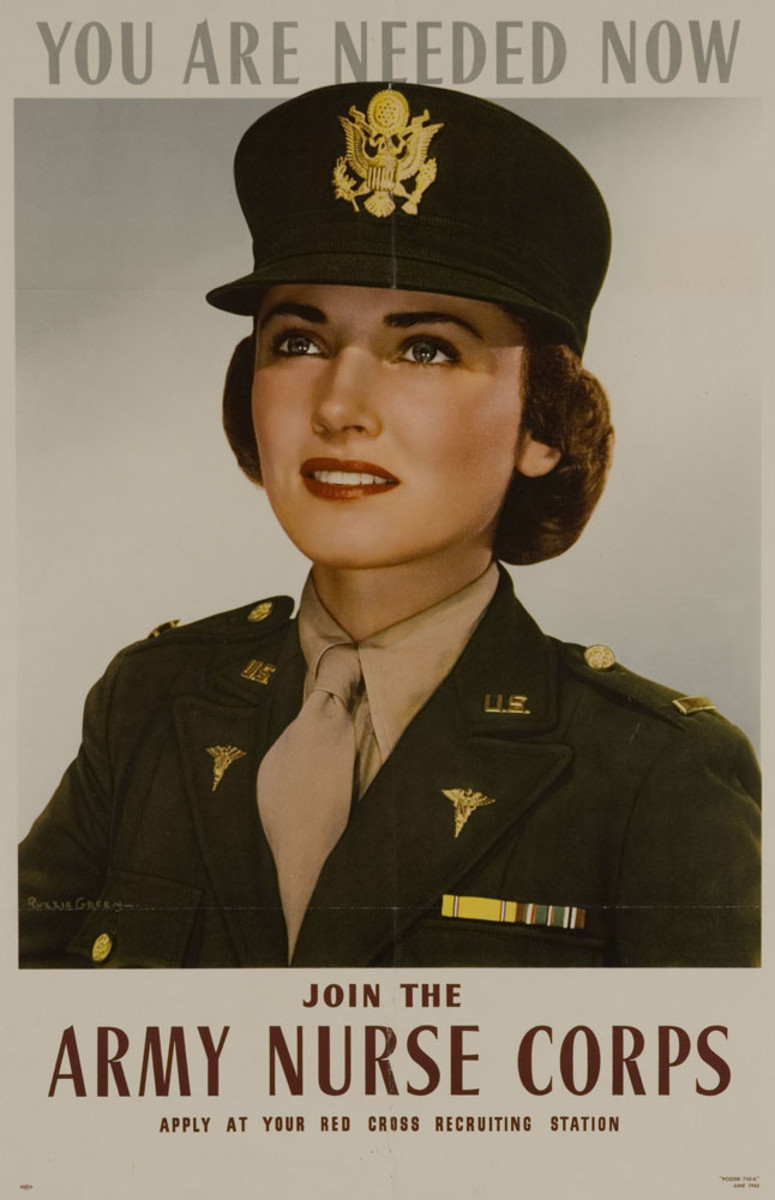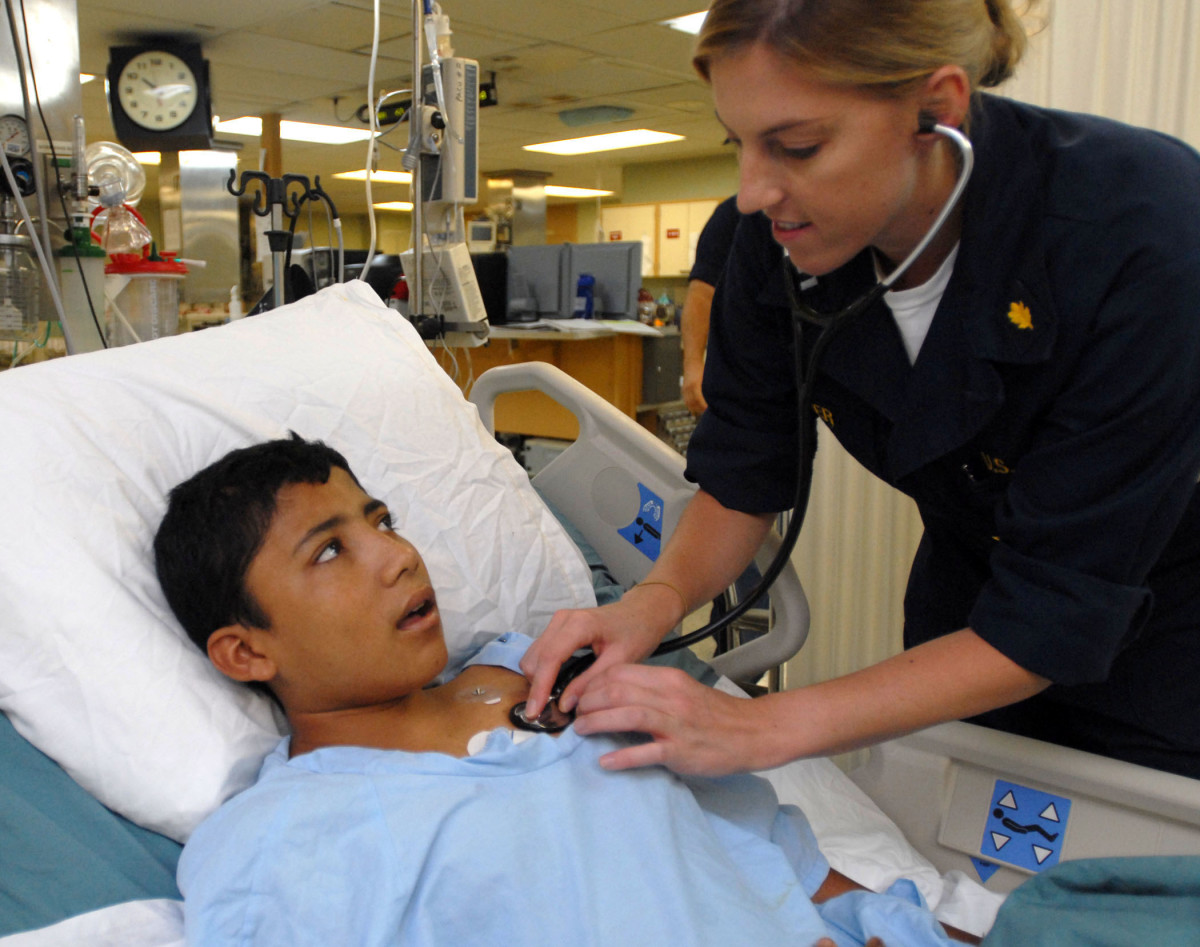How to survive your nursing degree
Here in the UK nursing has become a degree-only profession, this means that you now cannot become a nurse without a university degree. For many people who want to be nurses this can seem like a daunting process and many don't understand the need for a degree when all they want to do is care for people.
As someone about to graduate from their nursing degree I can tell you that it is absolutely necessary in today's world to have a degree if you want to be a nurse. The level of knowledge and critical thinking you will need are things that can only be achieved through a high level of academic study.
That being said, a nursing degree is a whole lot more difficult than most people give it credit for. It's probably one of the hardest degrees to get since you not only have to be good at academic work, but you also have to attend and pass several clinical placements in order to get your degree and become a registered nurse.
Getting started
When you turn up for your first day of university you are going to be bombarded with information so take a notepad with you to write down the important things. You will be given information on your programme of study, what is expected of you, how placement works, who to contact if things go wrong and what the requirements of the Nursing and Midwifery Council (NMC) are.
You will also likely be given lots of paperwork to read and sign, most of this will be declarations to say that you are fit to be a nurse and that you agree to be bound by the NMC's code of conduct which you will also be told a little about. You can read the NMC code online, there is one specifically for students but you should get familiar with the one for qualified nurses too. You can also order a hard copy, or your university may provide you with one.
You will likely also receive information specific to your university such as how the library works and where the student association is. Its all important information but don't worry too much if you don't remember it all, it should all be accessible to you through your university's website should you need it.
You should also be told what modules you will be studying during your first term and what the timetable is. Make sure you have a copy of your timetable and know what groups you are in for what classes so that you turn up to the correct ones at the correct times. Once you know what rooms your classes are in its not a bad idea to find out where these rooms are - especially if you go to a massive university like I do with many buildings to navigate.
You will almost certainly have lots of questions and your group facilitator should be able to answer them all for you when you meet him/her for the first time. It might be helpful if you use your first day to come up with all the questions you want to ask and write them down in your notepad ready to ask your facilitator when you first meet.
Remember that all your lecturers and facilitators will be nurses, they will have worked on the wards themselves, many of them still might work as nurses on a part time basis. They know what you are going through and they do understand how you feel. They are always on hand to answer any questions you might have, or just give you some extra encouragement if needed.
Your first placement
You will spend some time in university before attending your first placement, but that doesn't make the idea any less daunting. This will be the first time you are out on the wards as a student nurse and I am guessing you have no idea what to expect. It's a scary prospect, you have no idea what you are doing or what people will expect you to be able to do.
The first thing you need to do is stop panicking and yes I know how hard it is to do that. No one will ask you to do anything you are not ready for and as its your first placement they will not expect you to know an awful lot. You will likely spend at least your first few days doing not much more than helping patients wash and dress, and taking observations like blood pressure, temperature and heart rate.
You will be given a mentor to work with during your time on the ward and it is an NMC requirement that you work the same shifts as them at least half of the time you are there. Although in first year the wards will try to get you to work with your mentor as much of the time as possible. Your mentor is the one who assesses you on your placement, but they are also the one who teaches you what you need to know and supports you to meet your goals and assessment outcomes.
If there is anything you are not sure of, the person to ask is your mentor but in my experience all the staff on the wards are quite willing to answer questions and point you in the right direction if you need it.
Use your first placement to learn the basics. That was the best bit of advice I was ever given, learn how the various machines work and who is who all those types of things. These are the things that people will just expect you to know when you get further into your degree. Take every learning opportunity offered to you, if someone asks you if you want to go and see a CT scan then go see it, even if its the tenth time you have been sent to see one. They are all different and you would be amazed at how much you can learn in the scanning room. Make friends with the radiographer, tell them you are interested in learning about CT scanning and they will talk you through the process, they may even point out things on the scan if there is something to see. For example in my first year I witnessed a head CT of a person who had suffered a stroke, the radiographer asked me to look at the scan and say what I thought - I could point out the bleed because I had been shown them before.
Of course most nurses will never be asked to interpret a CT scan, in fact most doctors don't interpret them either but if you can go back to the ward with the knowledge that the patient has a bleed on their brain not only will the nurses be impressed with you but they will be able to make sure the doctor is aware that the incoming scan results are likely to show a bleed.
If you get offered the chance to go and spend the day with a specialist nurse or at a clinic or something take it. These are invaluable learning experiences and although in first year you might not think that you will understand much of what is going on the experience is invaluable. The specialist nurse will talk you through what you don't understand and at the very least you will be able to say that you understand what that particular specialist does. If a patient is being referred to them you might be able to put your mind at ease by saying that you have spent the day with them, they were a nice person and you enjoyed it. You could even tell them a little about what to expect, but don't go into specifics especially if you are unsure, better to give no information than the wrong information. If they really want to know something that you are not sure of, tell them you are unsure but you will find someone who can talk to them about it who has more knowledge than you do.

Work/life balance
The work life balance is a difficult thing to achieve when you are a student nurse who has to cope with both academic and clinical work as well as exams and essays and do it all on a bursary of a little over £500 a month.
Your university will likely have told you that its next to impossible to work part time while studying because you can't move your placement shifts around to suit your work and its very hard to know what days you will be available for a part time job. You also have to consider the European Working Time Directive which makes it illegal to work any more than 48 hours a week, placement and uni are included in those 48 hours.
However the university aren't really right here, placement will almost always negotiate your hours with you if there is a day you can't make because you need to work, tell them and they will do their best to change your rota if possible. If you have a reasonably flexible part time job it can and does work as long as you make sure you are not running yourself into the ground trying to keep up with everything you are doing. Most student nurses join the staff bank of the health board they live in as a nursing auxiliary. This means that you call up an office and give the days you are available and they try to find you shifts on the wards. You are not contracted for any set amount of shifts and you set when you work. Of course you are also not guaranteed shifts when you want them but for the most part there are usually shifts available.
Being an auxiliary is also vital experience as you learn a lot about basic nursing care and how a ward works. its also not a bad idea to get known in the wards where you live, you might be applying for a job there when you qualify and if you are known as being good with patients and hard working, it will give you a head start at interview.
Best of all, you can adjust your working hours to suit your time in classes, your placement time and take all the time you need off for your exams.
Tips for coping with the workload
The workload of a student nurse is huge, people don't realise just how much work is involved. You will be writing essays and studying for exams while on placement, and even during your class times there will be a mountain of work to do. There are many different strategies for coping with the workload of a student nurse, here are some suggestions:
- Know exactly what is expected of you for each module - you will be given this information in the module guide. Look for the expected amount of hours study each week and know exactly what pieces of work you need to do then use this information to plan how you are going to tackle the mountain of work. Maybe if you have online work to do you could do that first before focusing on studying for the exam.
- Know when all your work is due - Some course work will be due throughout the module and you will likely have online work to do too. Make sure you stick to deadlines and work our what you need to do first. I personally like to do everything else first then start on the exam prep and essays that way I have no distractions, but everyone has their own way of doing things.
- Devote time to prep work - whether its writing up study notes or doing a literature search before starting an essay, make sure you leave time to do these things. They will help you immensely in the long run.
- Ask your placement to give you your shifts as soon as you get there - often you will only be given your first weeks rota before you start a placement. Ask them to give you your shifts as far in advance as possible as soon as you get there. Most wards do their rotas monthly and will usually have at least 4 - 6 weeks shifts available when you start so you should be able to get your rota at least for that time period as soon as you get there. This will help you plan time for studying and working.
- Remember to take time out - Believe me I know how stressful it is and how hard it is to take a break when you have so much work to do, but getting too stressed out will not help. You stop taking in information when you are too stressed and if you are writing an essay you might find you struggle to keep it together and it sounds muddled when you read it back. Try to devote some time to yourself whether that is going out for lunch or even just a walk around the block, you need to recharge your batteries from time to time.
Make friends
University is a great place to make friends, and believe me you are going to need friends around you who understand what you are going through. People outside of nursing just don't understand and actually there are a lot of things that you will be unable to talk about with other people due to confidentiality laws.
Your student nurse friends are going to be lifelong friends, they are the only people who really understand your need to vent when something annoys you. They are the ones you turn to when your experience your first death and the ones who keep you going when you don't think you can carry on any longer.
Just remember that your friends will need you as much as you need them, be as supportive of them as you want them to be of you.








